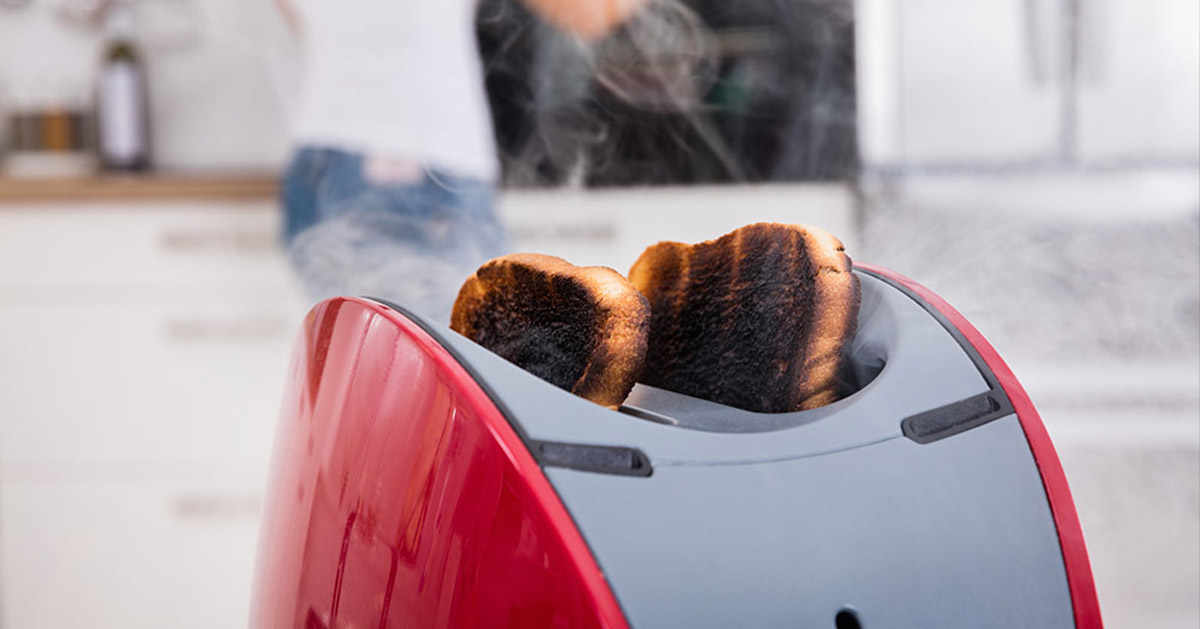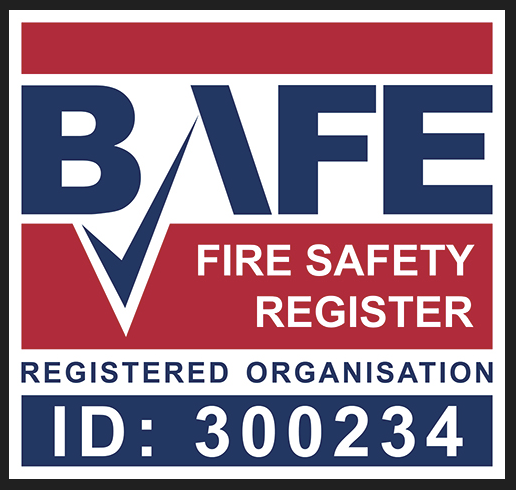Industry Articles

False alarms – why do they happen?
Last year over half the fire-related call-outs made by the Fire & Rescue Service were false alarms. (Gov.uk figures for year ending 30th September 2017) This is costly, both in financial terms to all involved and also to the extent that false alarms divert resources away from genuine emergencies.
The other ‘cost’ to consider is the cost of complacency: if the fire alarm goes off regularly for no good reason it is easy to become casual, resulting in delayed action in the event of a real emergency.
Interestingly enough, the four most common reasons for a fire false alarm are:
- accidentally operated manual call point
- general dust from building/maintenance work
- old detectors
- burnt toast!
I guess there’s not much we can do about the toast or the dust, but Manual Call Point Covers are a low-cost option to protect call points from general bumps and bashes. Smoke & heat detectors generally have a life expectancy of ten years, so planned replacement is the best way to spread the cost over their lifespan.
When dealing with false alarms, there are a few points to bear in mind:
Firstly, it is important that you have on site at all times of occupation, persons who understand the fire alarm control panel and are able to operate it correctly in view of locating the cause of alarm. ‘Murphy’s Law’ would have it that a false alarm will occur at the least expected time, and at the most inconvenient time, so if you plan for this type of scenario you have a good chance of minimising the impact and disruption.
Secondly, having identified the source of the false alarm, make sure that you take advice on how best to ensure that the false alarm does not happen again. Get to the source of the problem. Sometimes the alarm system will reset happily, but this does not necessarily mean that the problem has gone away for good – if it is an old detector causing the alarm, for example, it will continue to issue false alarms without warning until it is replaced.
Thirdly, as mentioned above, ensure that planned, preventative maintenance is being carried out. Smoke detectors only have a life expectancy of around 10 years, and we recommend that clients carry out the planned replacement of detectors in order to avoid false alarms which tend to occur when detectors become more sensitive in old age.
Contact us to discuss how we can help you reduce false alarms at your property.



